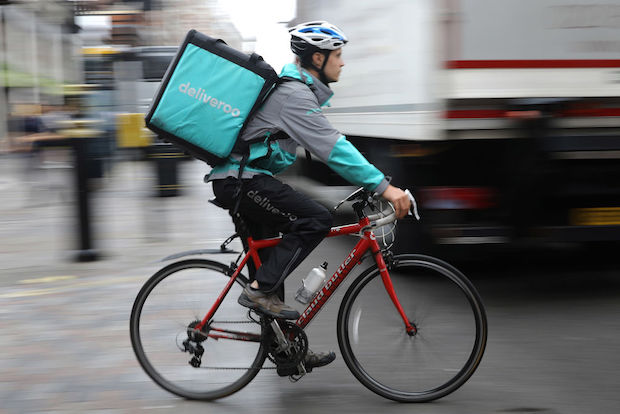In a raging and rousing speech to the TUC in Brighton this week, Labour Leader Jeremy Corbyn took aim at the UK’s ‘unscrupulous’ bosses. He reserved particular scorn for the so-called ‘gig economy’, which he presented as little more than a front for ‘bogus self-employment’.
Now, it’s certainly true that there are problems in the gig economy. There are indeed a small number of unscrupulous companies who use the confusion in the gig economy to exploit vulnerable workers, denying their rights and forcing them into self-employment. But it would be a serious mistake to tar the whole sector with the same brush. There is much more going on in the gig economy than this myopic picture suggests.
Not to be confused with the prolific, 4.85 million-strong self-employed workforce, the gig economy is also a dynamic and highly productive sector. Totalling 1.3 million people working across a range of digital platforms, it not only provides real and positive opportunities to many, but also contributes a huge amount to the UK economy.
In fact, the McKinsey Global Institute calculates that by 2025, the gig economy could contribute £45 billion to the Treasury and create extra opportunities for 766,000 people. Revenues are expected to reach £9 billion a year by 2025, meaning that the gig economy will soon become one of the driving forces of economic growth in the UK.
Then there is the workforce. The minority of vulnerable workers aside, the gig economy provides real, positive opportunities to millions of people across the country. And they are opportunities that most are happy to take advantage of. A Chartered Institute of Personnel and Development (CIPD) study this year found that people in the gig economy are about as likely to be satisfied with their work as traditional employees.
In most cases, the stereotype of an exploited worker forced into self-employment just isn’t true. More often than not, the gig economy provides opportunities for people in full-time and part-time employment to top up their wages. The same CIPD study estimates that of the 1.3 million people working in the gig economy, 58% are doing gig work on top of their more ‘traditional’ employment.
Of course, the gig economy does create challenges that the UK Government must address. That’s why the Association of Independent Professionals and the Self Employed (IPSE) is calling for a statutory definition of self-employment, which will not only clear up the confusion in the gig economy, but also make it possible to effectively protect the rights of vulnerable workers.
But when looking at the gig economy, it’s important that we consider not just the negatives, but the positives too. Fundamentally, the gig economy is both a significant boost to the UK economy and a much needed source of extra income for millions of people across the country.
Simon McVicker is director of policy at IPSE, the Association of Independent Professionals and the Self Employed






Comments